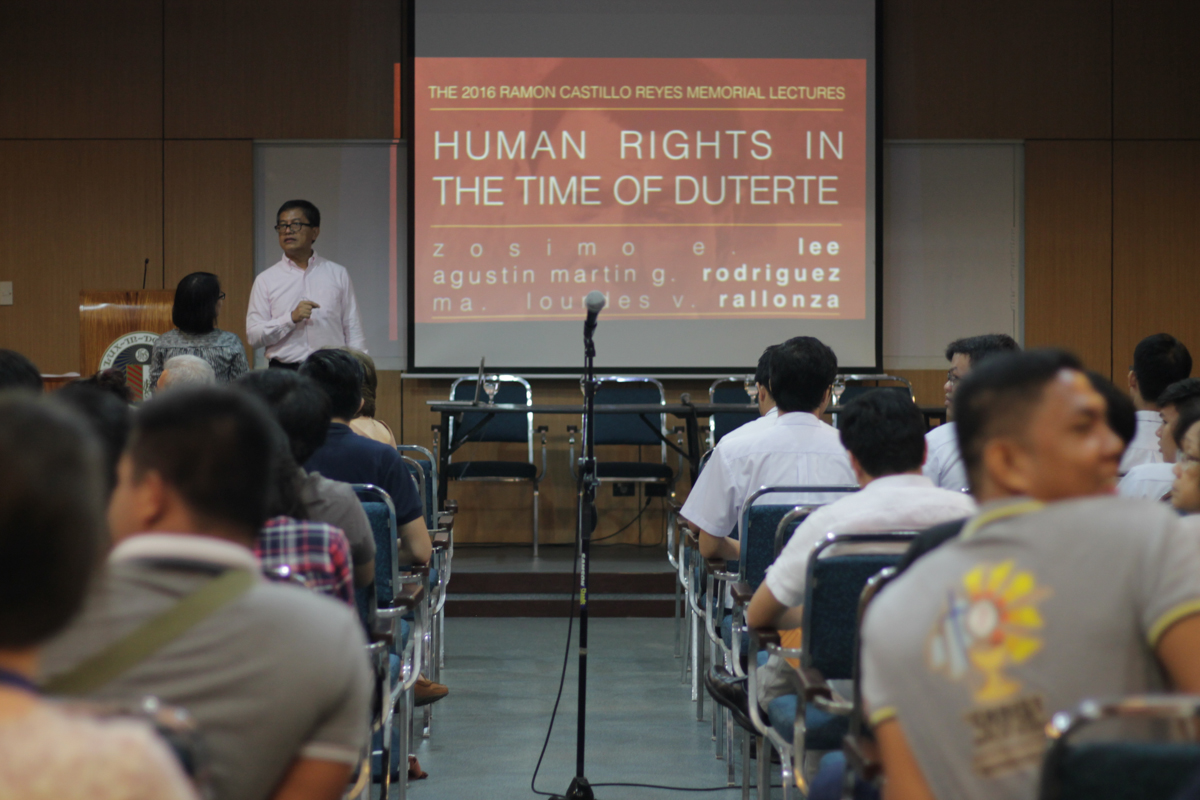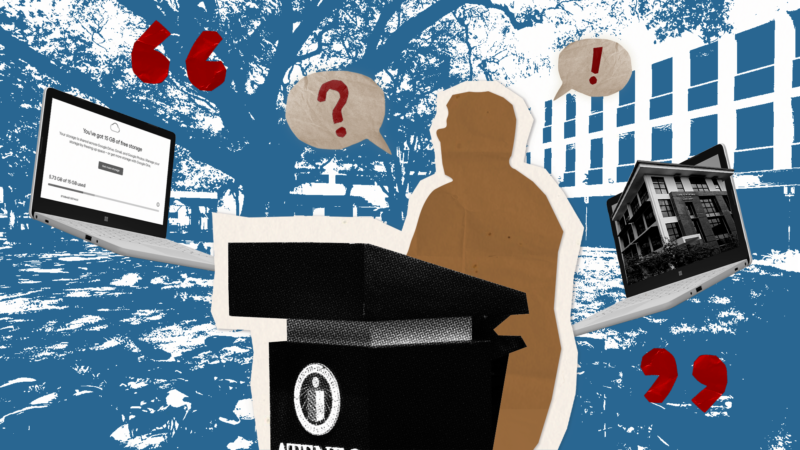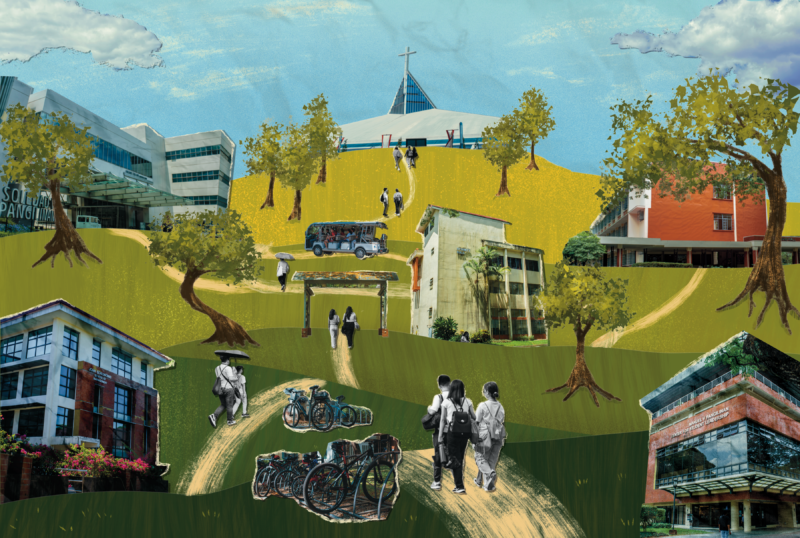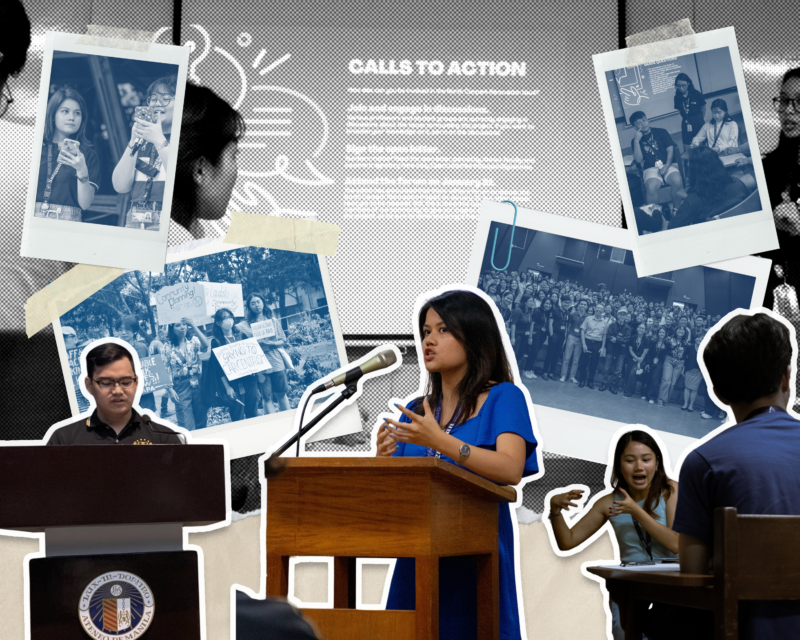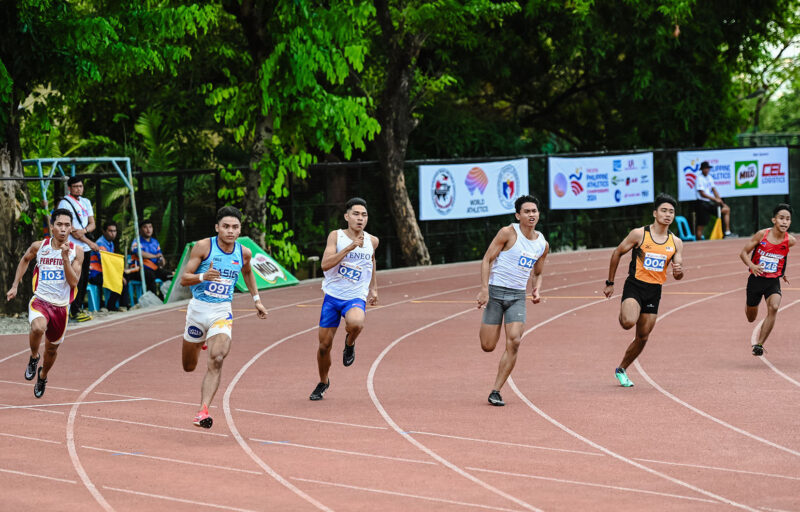IN RESPONSE to the current Philippine administration’s war on drugs, the Philosophy Department held the 2016 Ramon Castillo Reyes Memorial Lecture on September 17 at the Faura Hall Audio Visual Room. The lecture aimed to assess “the question of human rights at the center of debates causing divisiveness among Filipinos.”
The key speakers of the lecture were Philosophy Professor Zosimo E. Lee, PhD, Assistant Philosophy Professor Agustin Martin Rodriguez, and Political Science Assistant Professor Ma. Lourdes V. Rallonza.
Present at the lecture were alumni, faculty, students from various high schools and colleges, and University President Jose Ramon Villarin, SJ.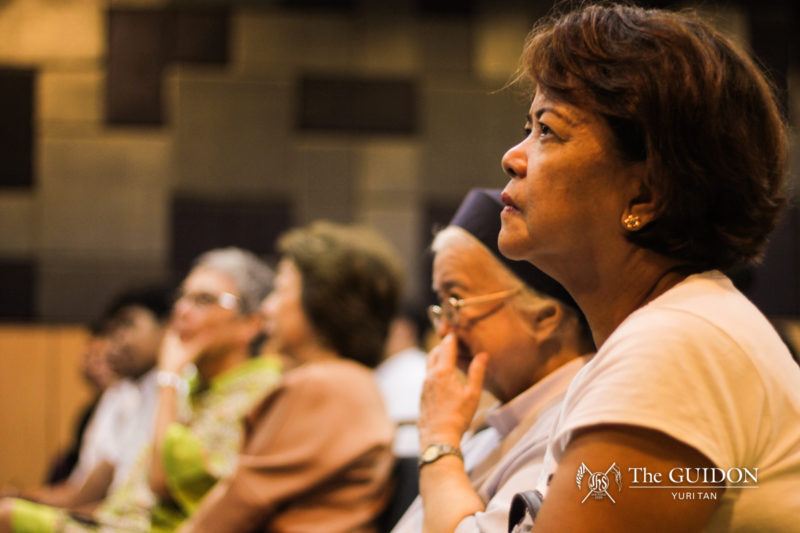
Obligation to humanity
In his lecture, Lee discussed basic human liberties and one’s obligation to humanity by focusing on three primary ideas: freedom and equality, reciprocity and obligations and the question of “othering”.
Lee said that the rights of one individual cannot be sacrificed even for the common good. “Who is to decide to bring about what the greater good, and the greater good for whom?” he asked.
He added that denying the liberties and humanity of others presents a political authority that claims to know more about what is right for the common good.
“[The Duterte administration] has targeted a particular sector of society for annihilation instead of competent national leadership that can marshal forth national energies towards [the goal of] human flourishing,” he said.
Lee called on the political authorities to help the weak and vulnerable in society. “We shouldn’t forsake those who haven’t been able to [participate in society] in the spirit of solidarity to benefit from social cooperation,” he said.
In closing, Lee expressed that dialogue and discourse with others as fellow human beings allow the country to have an atmosphere that will enable constructive resolution of problems that confront the nation.
“It isn’t easy, but it’s the most rational way,” he said.
Basis of human rights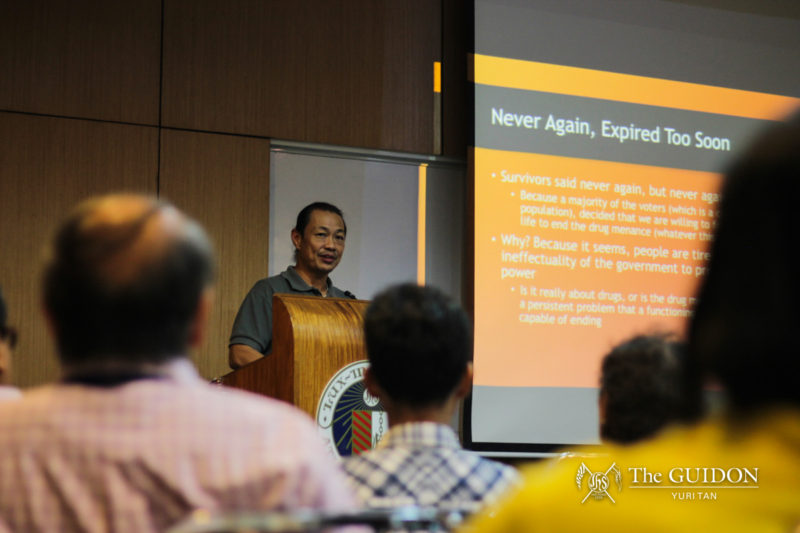
Moreover, Rodriguez said that Universal Declaration of Human Rights (UDHR) of the United Nations was not necessarily a universal code of human rights.
“How universal are these rights? Although the [UDHR] is ratified by the USA, I’m sure that the other general populations don’t necessarily [agree with it] especially the people who belong to marginalized non-western rationality” he said.
In the context of the war on drugs, Rodriguez acknowledged a conflict of whose rights the government is trying to uphold.
“The war on drugs is upholding the [right to] safety of the citizens from drug addicts– to be free from their presence– but then again, those [involved in drugs] have their own right to a fair trial,” he said.
“Their intentions for wanting this war on drugs is really founded on the goodness of their heart,” he added.
Rodriguez suggested a more open discourse to assess the failures that have pushed people to support the administration’s campaign against drugs.
Women’s rights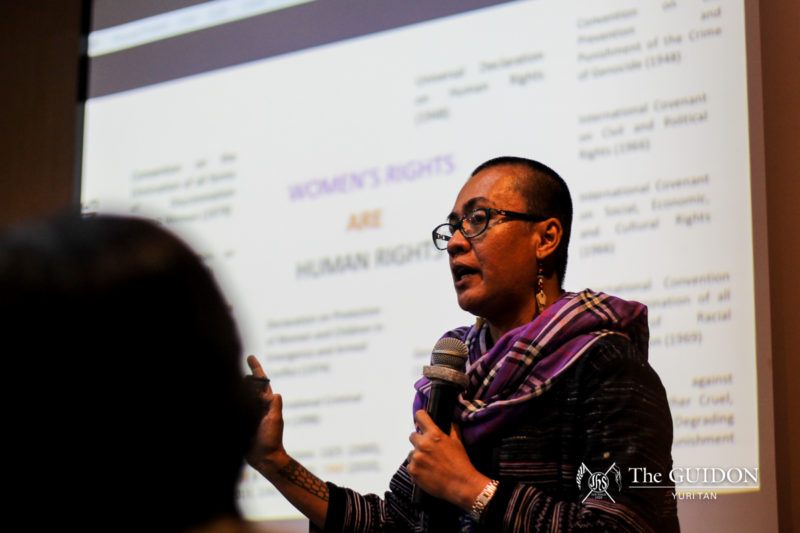
Lastly, Rallonza discussed issues regarding human rights vis-à-vis the development and struggle for women’s rights. She said that there is a need to represent the voices of those who are shunned out, similar to the case of those involved in drugs.
“We must respond with humanity – we respond with understanding. We do not respond as a matter of compliance or as a matter only of technicality [but] we respond as a human being,” she said.
Furthermore, she added that the state has the obligation to prosecute and investigate these drug accusations and that the victims have the right to have their cases in court.
In the advocating for women’s rights, Rallonza said that there must be an acknowledgement of atrocities against them in order to begin reparations.
“You have to recognize the problems – it’s not going to work [if you don’t],” she said.
Finally, in order to avoid violations of human rights, Rallonza said that violence should not be made the norm in addressing these conflicts and that victims should be given more representation in state activities.
“Let’s not make violence the norm [or accept] that it’s just a day to day activity,” she said.

